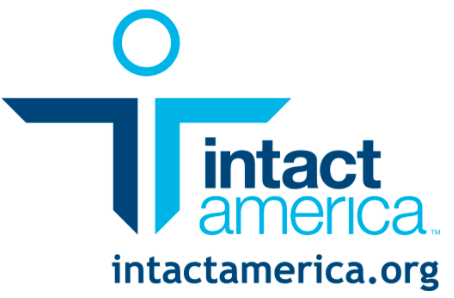Non-maleficence (or “do no harm”)
The principle of non-maleficence requires that medical practitioners not intentionally cause a needless injury to the patient. Childhood circumcision involves the permanent surgical removal of healthy, protective, erogenous tissue from a child, and is therefore a needless injury. Thus, because it is harmful and not medically necessary, childhood circumcision violates the principle of non-maleficence.
Beneficence (or the act of doing good)
The principle of beneficence requires that health care professionals provide a benefit to a patient. Because “routine” childhood circumcision provides no benefit to the child, removes a normal body part, and exposes him to unnecessary risk, trauma and pain, it violates the bioethical principle of beneficence.
Justice
The principle of justice in health care implies fairness, equal treatment and, by extension, equal protection. In the United States, girls of all ages are protected by law from all medically unnecessary genital surgeries. Boys are entitled to the same legal protection. There is no acceptable rationale for a distinction in law between female and male genital modification. Circumcising a baby boy violates the principle of justice.
Autonomy
The bioethical principle of autonomy invests every person with the right to make decisions regarding his or her own body. Our Declaration of Independence states that we are “endowed with certain unalienable rights,” including self-determination. And the U.S. Constitution guarantees “the right of the people to be secure in their persons…” Infant circumcision permanently removes a body part from a person who cannot consent, and thus violates the principle of autonomy.



